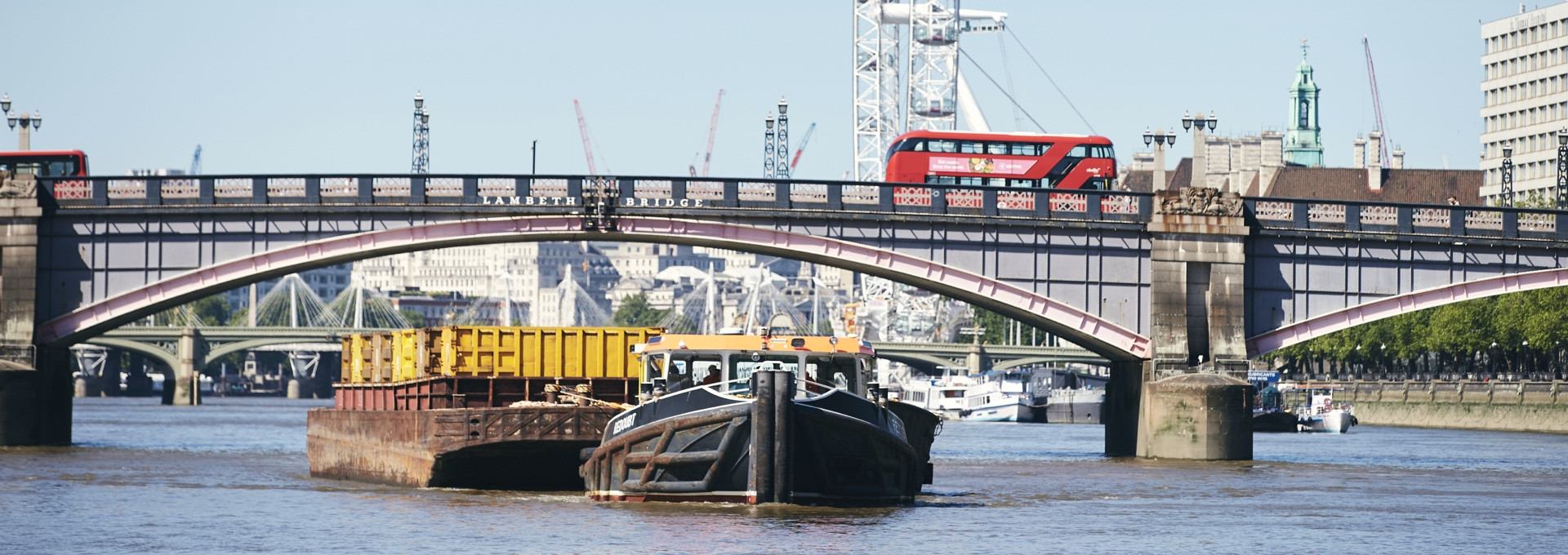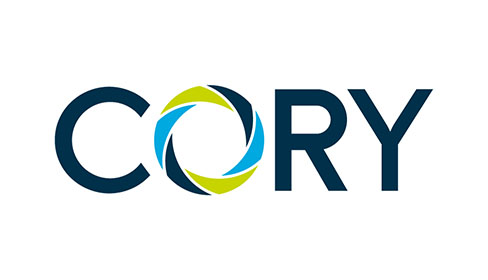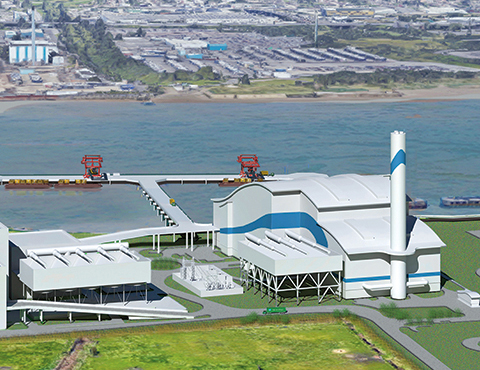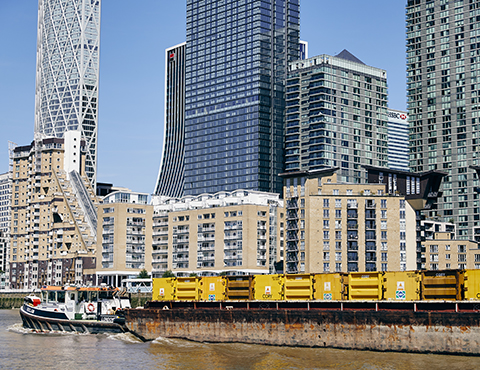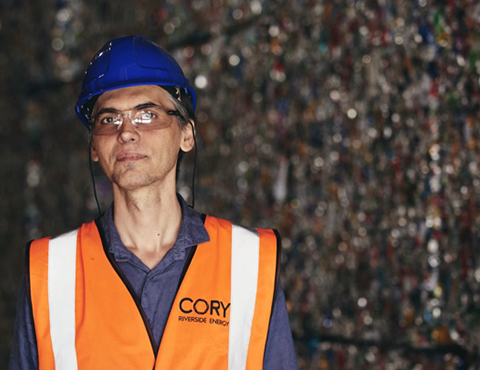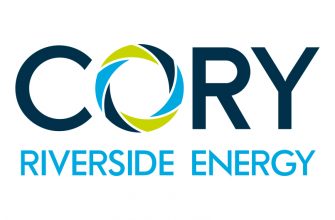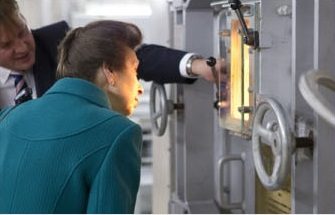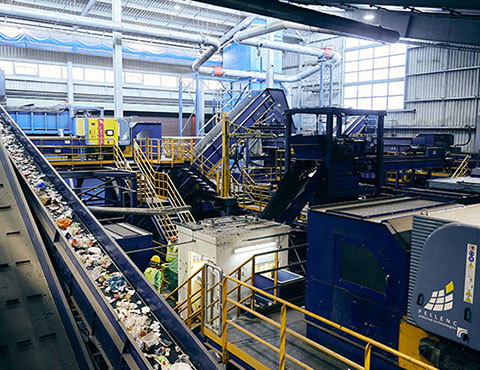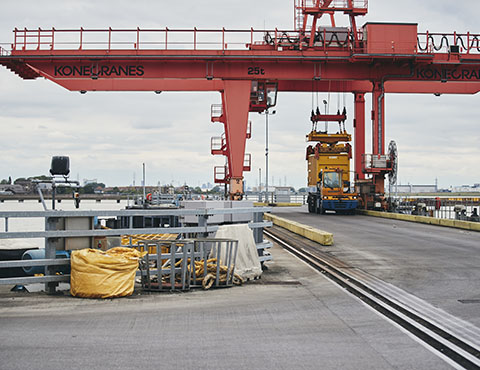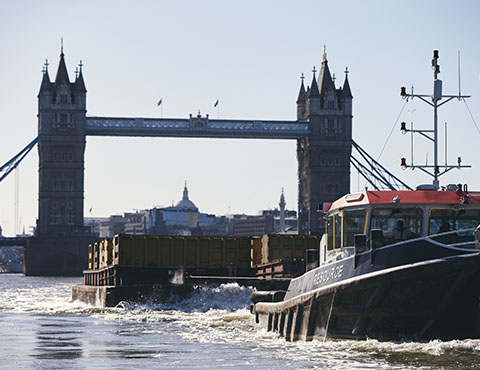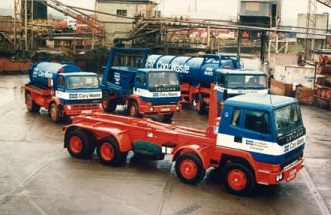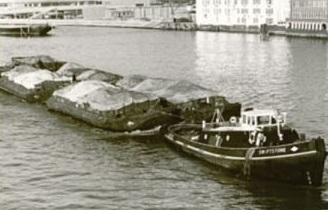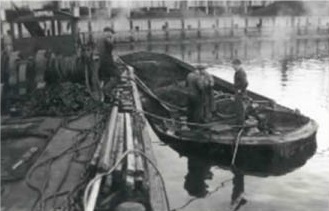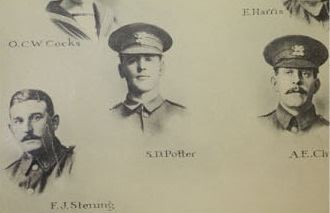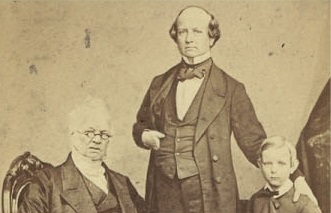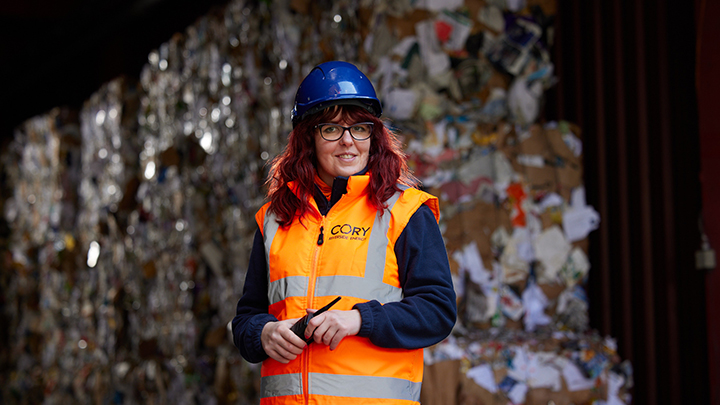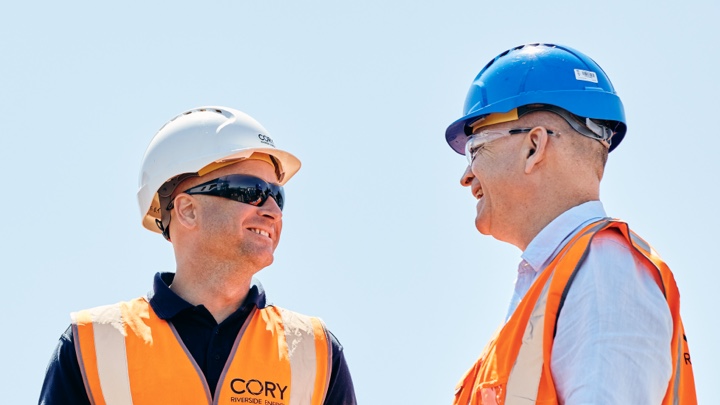Founded in the mid–late 1800s and incorporated over 125 years ago in 1896 as W.M. Cory & Son, Cory has evolved from a coal distribution company on the River Thames into one of the UK’s leading recycling and waste management companies.
2021
The company was renamed ‘Cory’, 125 years after W.M. Cory & Son was incorporated.
2020
Cory secured a Development Consent Order to develop the Riverside Energy Park, an important part of the solution to meeting the country’s critical waste management infrastructure needs, ensuring more waste is diverted from landfill and export.
2018
Cory acquired Thames Ship Repair Services, an established shipping maintenance company, based in Gravesend, Kent.
This acquisition allows Cory to maintain its fleet, as well as continuing to provide this service to third parties.
Cory acquired by a consortium of long term infrastructure investors – Dalmore Capital, Fiera Infrastructure, Semperian PPP Investment Partners and Swiss Life Asset Managers – ensuring the company has a significant platform for sustainable growth in critical waste infrastructure and securing Cory’s position as a core part of London’s infrastructure.
2017
The award of the contract to provide waste management services to the London Borough of Tower Hamlets sees Cory processing up to 110,000 tonnes of waste from the Borough each year.
Cory completed its major restructure and refinance, having sold its collections, waste brokerage and landfill businesses, to focus on sustainable waste management and energy recovery on the Thames.
2016
Cory Environmental is rebranded as Cory Riverside Energy. This was intended to reflect innovation, Cory’s use of the River Thames, and the importance of generating energy from waste.
2012
Cory’s four new tugs led the working boats section of the Queen’s Diamond Jubilee Pageant.
The Princess Royal returned to Cory to open the Riverside Resource Recovery facility, one of the UK’s most efficient energy recovery plants, processing waste from households and businesses in London.
2011
The Princess Royal formally opened the Materials Recycling Facility in Wandsworth.
2006
Following one of the longest public inquiry processes for a waste management facility in the country, permission was finally given for Cory to build an energy from waste plant on the banks of the Thames at Belvedere.
2002
Cory signed a £700 million 30-year contract with the Western Riverside Waste Authority (WRWA) securing the river operations. This included the funding of a five-year £5 million waste minimisation and awareness campaign and development of an 84,000 tonnes-per-annum Materials Recycling Facility.
1996
Work started on rebuilding the City of London’s transfer station at Walbrook Wharf.
1990
Cory rebranded its companies as Cory Environmental.
1983
Cory Waste Management won a tender to transport and dispose of half a million tonnes of waste a year for the GLC. This saw the launch of the containerised waste transport which thrives today.
1980s
Cory sold its coal and oil distribution business and created Cory Waste Management.
1979
Cory acquired Thames and General Lighterage, which made it by far the largest carrier of waste on the River Thames.
1950-70
Cory had modernised its coal and oil distribution operations. By early 1970s Cory was distributing 216 million gallons of oil annually.
1940
Coal was still the main fuel keeping London’s fires alight, but this was to change with the introduction of The Clean Air Act in 1956.
1914
With the outbreak of WW1 in 1914, Cory staff formed a complete regiment of soldiers. This was the D Company, 6th Battalion of The Buffs, who were commonly known as Cory's Unit.
1896
William Cory and Son Ltd was formed and was an amalgamation of eight companies in the coal trade. Most of the coal at this time was for industrial use although some was for households.

